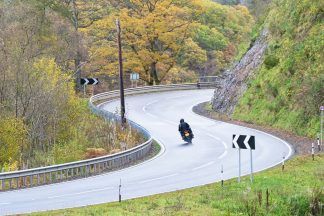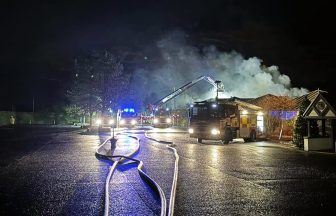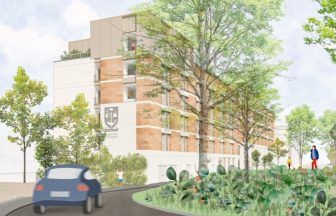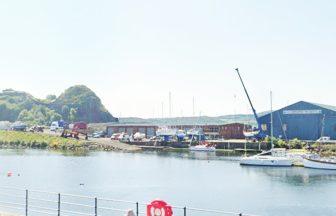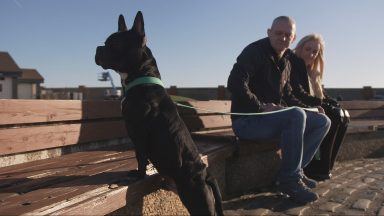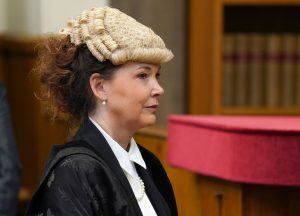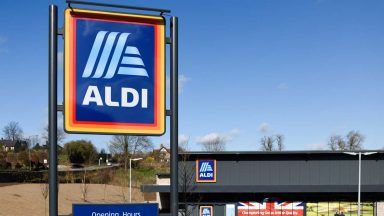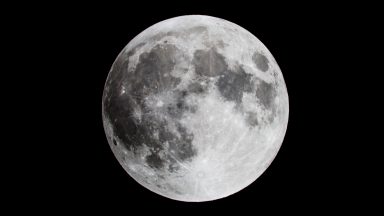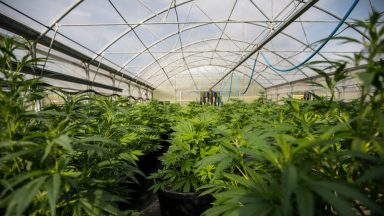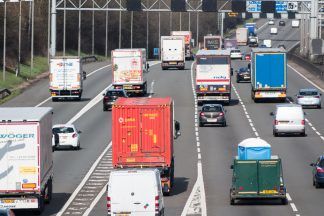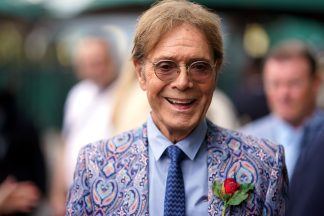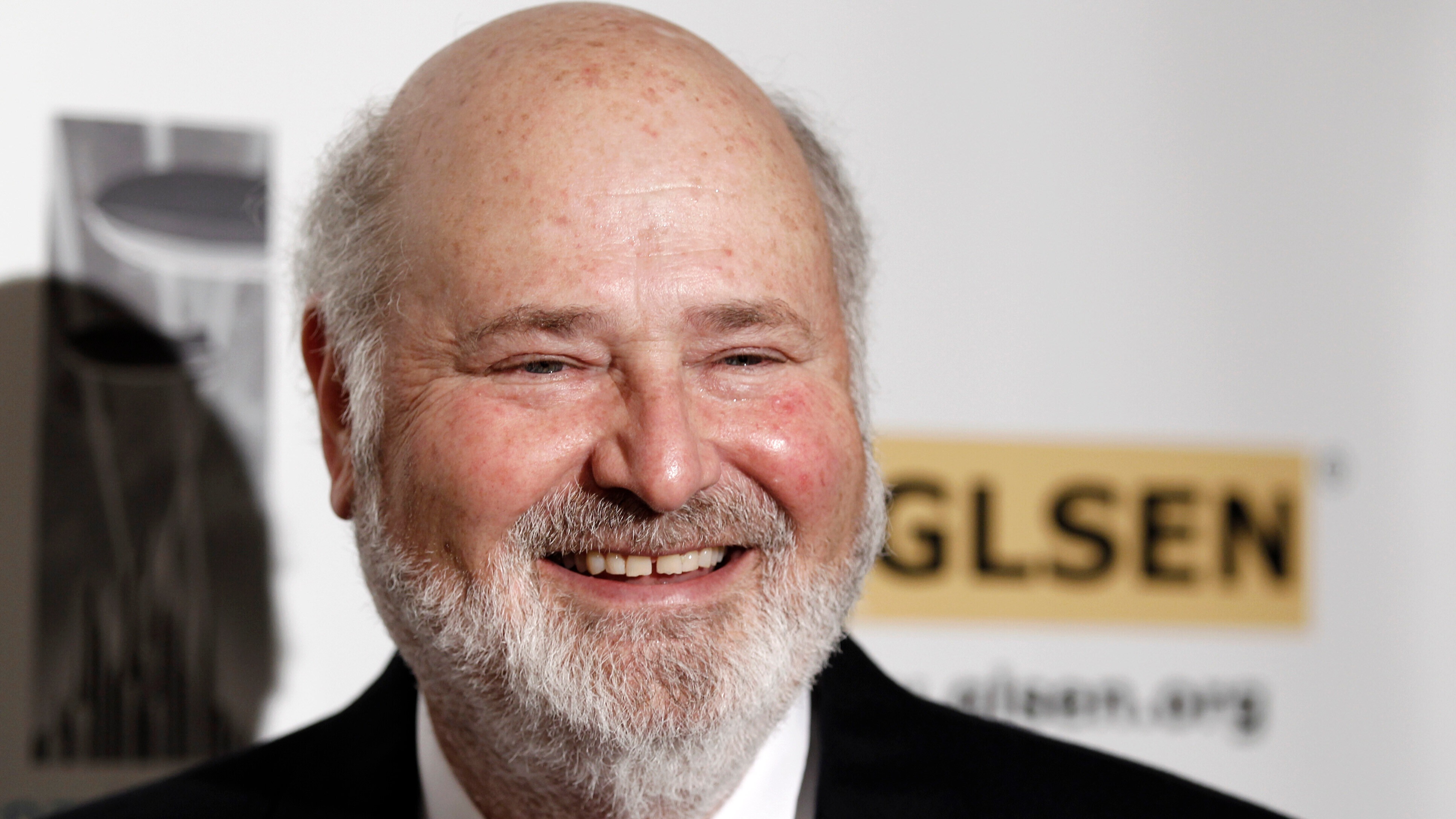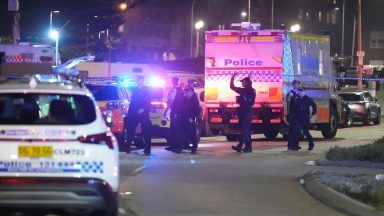Over-75s will no longer automatically qualify for a free TV licence from next month.
With the plans first announced a year ago, the BBC delayed the changes as a result of the coronavirus pandemic.
From August 1, households will only get a free licence if they have someone living there who receives pension credit.
The broadcaster agreed to take on responsibility for funding the over-75s concession scheme as part of the charter agreement hammered out with the Government in 2015.
But last June, former director-general Tony Hall said the BBC could not afford to continue the benefit on a universal basis.
The corporation was set to introduce means-testing at the start of last month but delayed the move because of Covid-19.
Around 3.7 million UK households which previously received a free licence will now have to pay the annual £157.50 cost for one.
It is thought 1.5 million households will be eligible for the free licence under the new scheme, with 450,000 people having already applied.
BBC chairman Sir David Clementi said: “The decision to commence the new scheme in August has not been easy, but implementation of the new scheme will be Covid-19 safe.
“The BBC could not continue delaying the scheme without impacting on programmes and services.
“Around 1.5 million households could get free TV licences if someone is over 75 and receives pension credit, and 450,000 of them have already applied.
“And critically it is not the BBC making that judgment about poverty. It is the government who sets and controls that measure.”
He added: “Like most organisations the BBC is under severe financial pressure due to the pandemic, yet we have continued to put the public first in all our decisions.
“I believe continuing to fund some free TV licences is the fairest decision for the public, as we will be supporting the poorest oldest pensioners without impacting the programmes and services that all audiences love.”
The BBC said in a statement the new scheme would cost “around £250m by 2021/22” and that it would mean the corporation had to “divert some spending on programmes and services”.
It said maintaining the universal concession would have cost £745m and likely led to the closures of BBC Two, BBC Four, the BBC News Channel, BBC Scotland channel and Radio 5 Live, as well as a “number of local radio stations”.
Follow STV News on WhatsApp
Scan the QR code on your mobile device for all the latest news from around the country





